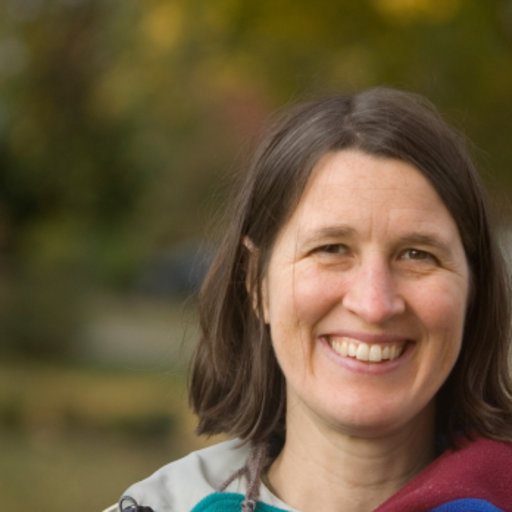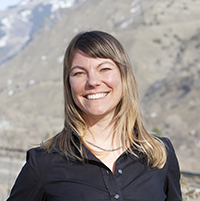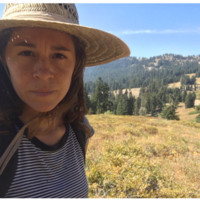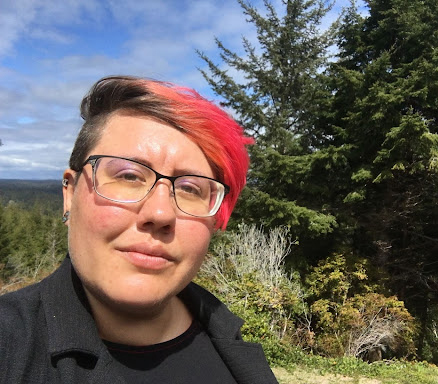- Watch: Full Session Recording (Youtube)
- Explore: Webinar Summary Resources
Understanding why habitat restoration is, or isn’t, viewed as successful is a critical piece of evaluating completed projects and garnering support for future projects. Ecological measures alone may not fully describe the success or shortcomings of restoration projects, and public perceptions of success may be based on an entirely different set of metrics. In fact, restoration metrics rarely include human dimensions even though community support for restoration can make or break potential future projects, and affect long-term success of completed ones.
Using South Slough NERR (Oregon) and other restoration projects in the region as case studies, this project deployed a three-pronged approach to understand and improve estuarine restoration outcomes, which includes synthesis of long-term monitoring data, comparisons between manager and public perceptions, and interviews to understand efficacy of ecological metrics. In this webinar, the project team talks about their approach to understanding restoration success, summarizes their findings on the values and perceptions associated with estuarine restoration, and shares recommendations for including social and ecological metrics in future restoration projects.
Learn more about the speakers:
 | Cat de Rivera is a professor of Environmental Science & Management at Portland State University. She studies how anthropogenic changes in habitat connectivity - whether because of biological invasion, the built environment, or sea level rise — affect animal populations and communities and ecosystem function. Her collaborative research addresses questions about invasions ecology, climate change ecology, ecology of the built environment, and restoration ecology. As project lead, she coordinated the transdisciplinary research of this project and engaged stakeholders to ensure useful, relevant products and outcomes. | |
 | Melissa Haeffner, PhD, is an Assistant Professor in the Environmental Science and Management department at Portland State University. Her specialization is in human-environmental interactions and consensus building. Her research unifies several research domains that contribute to the knowledge of local politics in watersheds and how they shape urban water infrastructure development in the past, in the present, and under future predictions. As social science lead for the project, she provided expertise for the focus groups, interview creation, and analysis. | |
 | Julie Gonzalez is a Ph.D. Candidate at University of California, Davis, and a current NOAA Margaret A. Davidson Fellow with the San Francisco Bay NERR. She is interested in estuarine community ecology, how to improve coastal habitat restoration and assessment, facilitating collaborative co-development of research projects and considering multiple stakeholder perceptions in the process. For this project, Julie served as a technical lead for salt marsh restoration ecology, providing knowledge of on-the-ground restoration techniques and metrics | |
 | Vanessa Robertson-Rojas has seven years of restoration project experience. Her work focuses on project design and implementation for mitigation banking and the nonprofit sector. Her work has included vegetative, hydrologic, pedologic, and topographic monitoring, implementation of restoration, and project data management and analysis. For the project, Vanessa provided support developing map deliverables, collecting data, and connecting with restoration practitioners in the private and public sectors. | |
 | Sabra Marie TallChief Comet is the Coastal Training Program Coordinator at South Slough National Estuarine Research Reserve (NERR), where she works to increase the use of science-based information by coastal managers and decision makers by identifying needs within the community, focusing training around these needs, and providing technical assistance when needed. In addition to working as a wildlife biologist, she has served as the marine planner and an emergency services planner at a Tribe in northern California. Sabra is also a former Malouf Scholar and Knauss Fellow. As an end user and partner in the project, Sabra has helped shaped the work, ensuring a strong connection with the broader community. | |